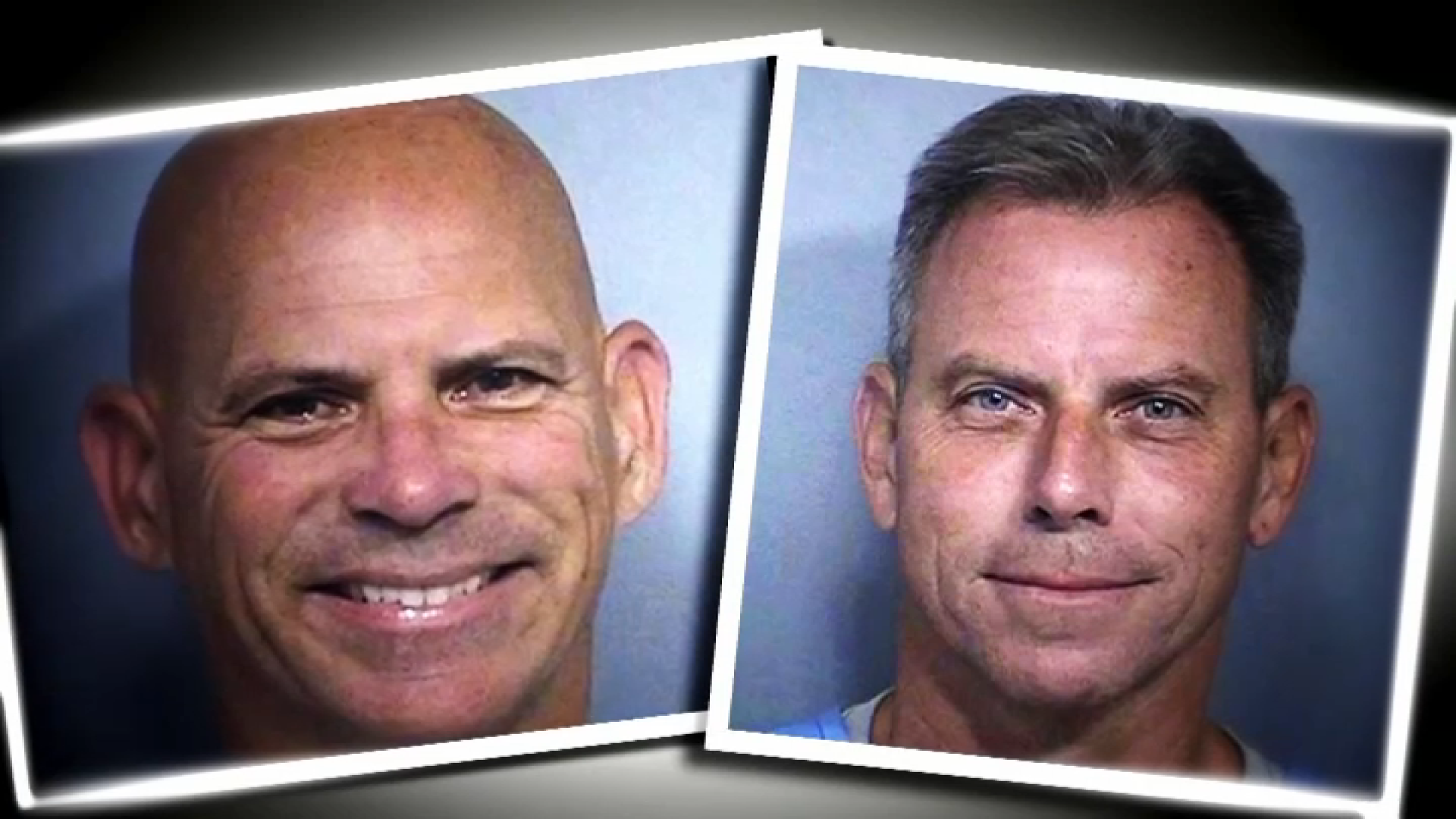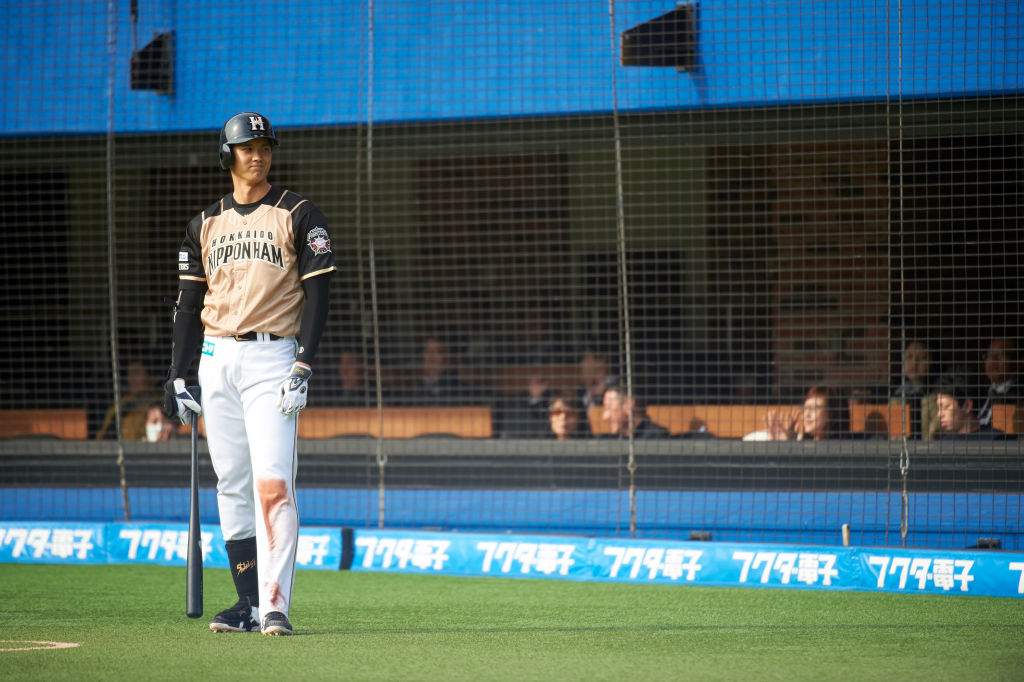What to Know
- Gavin Smith was beaten to death in 2012.
- John Lenzie Creech was found guilty in 2017 for voluntary manslaughter.
- A State appeals panel upheld Creech's conviction.
A state appeals court panel Tuesday upheld a San Fernando Valley drug dealer's conviction for killing a 20th Century Fox distribution executive who was having an on-again, off-again affair with the defendant's estranged wife.
A Los Angeles Superior Court jury found John Lenzie Creech guilty in July 2017 of voluntary manslaughter for the May 2012 beating death of Gavin Smith, a 57-year-old married father of three who was missing for 2 1/2 years before his remains were found in a shallow grave in the Angeles National Forest in the Antelope Valley.
Jurors acquitted Creech of the more serious charges of first-degree murder and second-degree murder, and he was sentenced in September 2017 to 11 years in state prison.
The three-justice panel from California's 2nd District Court of Appeal rejected the defense's contention that a Los Angeles Superior Court judge had erred in barring Creech's attorney from questioning the victim's widow, Lisa Smith, about certain character traits of her slain husband, which the defense contended could have assisted the defendant with his claim that he had acted in self-defense.
"Although defendant asserts that the trial court barred evidence of Gavin's 'violent' character, the record does not support this claim,'' the three-justice panel found in its 28-page ruling. "At most, Lisa's statements to the deputies demonstrated that Gavin could be verbally abusive toward Lisa. Lisa never made any statements suggesting that Gavin was physically violent in any way, and in the evidentiary hearing, she made clear that Gavin had never been violent with her ... Even assuming Gavin had been verbally abusive toward Lisa, that would not support defendant's theory that Gavin had a violent character and therefore was the aggressor in the confrontation."
The appellate court justices found that the trial court "did not err in finding that Lisa's statements related to a timeframe that was too remote to be relevant to the crime,'' noting that she clarified at an evidentiary hearing outside the jury's presence that when she spoke to investigators about her husband being cruel or intimidating that she was referring to his actions when he was abusing drugs -- more than four years before the crime.
News
Top news of the day
"Here, the evidence was not probative, and the exclusion of it was not erroneous,'' the panel determined.
Smith -- who was a member of UCLA's 1975 NCAA-winning basketball team under Coach John Wooden and had worked for 20th Century Fox for 18 years -- was killed near a West Hills business park near Creech's home where the victim was having a late-night tryst with Creech's then-wife, prosecutors said. At Creech's September 2017 sentencing, Los Angeles Superior Court Judge Stephen A. Marcus said he believed the defendant was "the architect of most of what happened in this case."
The judge called Creech's conduct "extremely egregious," noting that he "made no effort or attempt to get medical help" for Smith and that he took steps to cover up what had happened to Smith and "made life miserable for the family of Gavin Smith."
"They could have known what happened to him on May 2nd instead of being in the dark for two years," the judge said, noting that it was "abundantly clear that the only thing that he (Creech) cared about was himself."
Smith's wife and two of the couple's three sons urged the judge then to impose the maximum sentence on Creech. The victim's widow told the judge that Creech beat her husband to death and never wanted his family to find him.
"He wouldn't man up to what he did,'' Smith said in an emotion-packed victim impact statement. "Eleven years isn't enough, but I understand that's the maximum you can give him."
Creech's trial attorney, Deputy Public Defender Irene Nunez, had asked the judge for a shorter prison term for Creech, who had two prior drug convictions.
The judge said he was going to "honor" the jury's verdict, then said at another point that there were indications that "there was some planning in this situation."
"I believe and I will say for the record that I believe that he (Creech) went out there for the two oldest motives -- jealousy and pride ... I believe he went out there to find her in the company of Gavin Smith,'' the judge said, noting that Creech used a telephone app to track down his wife.
"That was evidenced to me by the fact that he had tried to chase down the car a few weeks earlier when he saw his wife get into a car with somebody so he was well aware that his wife was seeing somebody else. I don't think it took a big leap to see that person was Gavin Smith, so I believe that he did go out there for the purpose of confronting and dealing with Gavin Smith in this circumstance," the judge added.
Outside court after the sentencing, Deputy District Attorney Bobby Grace said the prosecution "certainly felt that the facts of the case warranted a murder conviction and I think that was evidenced by the judge's comments."
In his closing argument, the prosecutor told jurors that Smith "was executed in cold blood by this defendant, who hit him repeatedly in the face" after using a cell phone with GPS to track down his estranged wife, Chandrika Cade, and sneak up on the two in Smith's Mercedes-Benz.
Grace told jurors that Creech and his wife had an "unconventional marriage" in which the two "both cheated on each other," and that it was "essentially a countdown to murder" when Creech "first uttered the threat" to two of Smith's sons in 2010 that he would kill Smith if he continued to see Cade.
Smith's affair with Creech's wife began in 2008 and broke off the following year after Smith was confronted by his own wife, the prosecutor said.
But Smith and Cade began exchanging email messages again in 2010, Grace said.
When Smith's wife found out, she drove with two of her sons to Creech's house, where Creech told Smith's two sons, "You saved your father's life by coming here today," according to the prosecutor.
Two years later, however, when the romance rekindled again, Creech made good on his threat to kill Smith, Grace said.
Creech's attorney countered that her client had made "errors in judgment" by concealing Smith's body and car after lawfully defending himself in a fight that he testified was initiated by Smith.
Creech's lawyer acknowledged her client is a "convicted drug seller" but told jurors that there was "no intention to kill" and that he "had to fight for his life" after the man who had "intruded" into his life and marriage approached him outside the Mercedes with a weapon following a fistfight between the two men inside the sedan.
Creech testified in his own defense, telling jurors that he took "full accountability" for failing to call 911 after what he described as mutual combat or to seek help for Smith.
The defendant testified that Smith threw the first punch, choked him and tried to gouge out his eye as the two men struggled inside Smith's car -- with the prosecutor later telling jurors that the injuries to Smith and Creech were "not consistent with self-defense" and that Creech's subsequent actions demonstrated a "stunning consciousness of guilt."



